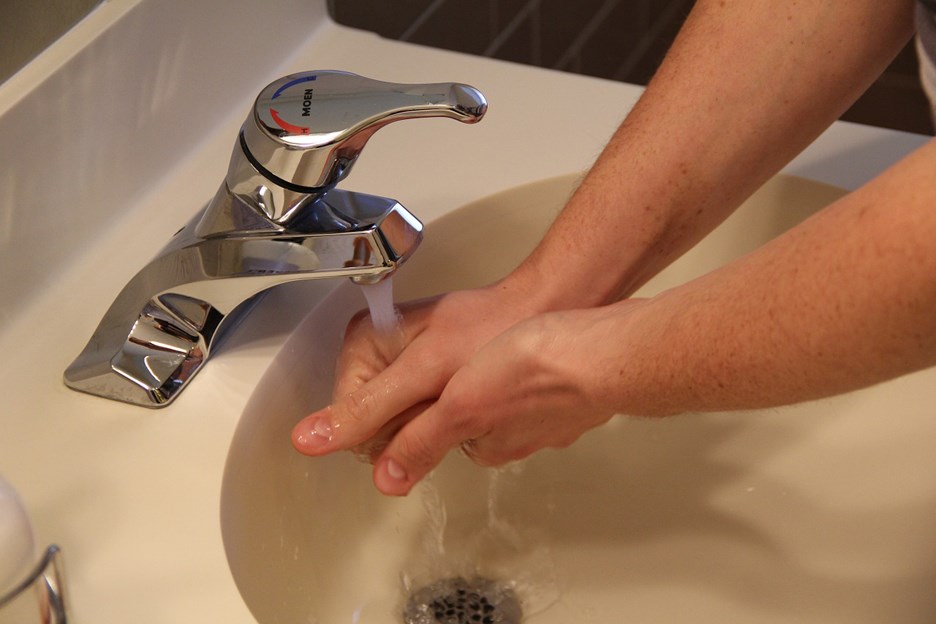Remember the great salt panic of a few years ago when every store in Burnaby ran out of road salt thanks to a series of snow storms?
Well, it appears we’re close to a great hand sanitizer panic.
I was out running errands on Friday and my friend asked me to pick up hand sanitizer because she’s worried about coronavirus.
I went to three different places and all had sold out of hand sanitizer, with clerks telling me there was a recent rush of customers clearing out the shelves.
The good news is that soap is equally effective in protecting you from coronavirus.
Yep, good ol’ washing your hands is recommended. Of course, people should already be always washing their hands to protect themselves and to protect others. I’m looking right at you, dudes who go pee and then don’t wash their hands – that’s disgusting and please stop.
Here’s a roundup of what the B.C. Centre for Disease Control (BCCDC) advises about the coronavirus (please listen to these experts and not some crackpot on Facebook):
- The most important thing a person can do to prevent getting coronavirus is to wash their hands regularly and avoid touching their face
- Coronavirus is not something that comes in through the skin. This virus is remitted through large droplets that are breathed deep into a person’s lungs.
- Receptors for coronavirus are found deep in a person’s lungs. A person must inhale enough of the virus that it can actually bind to those receptors deep in the lungs.
- Coronavirus is not airborne. The virus is transmitted through larger droplets that fall quickly out of the air — after a sneeze, for example.
- Coronavirus is not something that people can get from casual contact. A person must be in close proximity (within two metres) with somebody to be able to inhale those droplets if a person coughs or sneezes in front of them without covering up.
- The droplets can fall to the ground after a sneeze and a person can touch them with their hands. The risk of transmission is low in this case, as those droplets must be of significant enough quantity to make it to the receptors in a person’s lungs.
- If a person has touched something that has droplets on it with coronavirus in it, as long as they clean their hands before touching their face or your mouth, they are not at risk of getting that virus in their body.
- Masks should be used by sick people to prevent transmission to other people. A mask will help keep a person’s droplets in.
- It may be less effective to wear a mask in the community when a person is not sick themselves. Masks may give a person a false sense of security and are likely to increase the number of times a person will touch their own face to adjust the mask or for other reasons.
- Cover your mouth when you cough so you're not exposing other people. If you are sick yourself, stay away from others. Contact your health care provider ahead of time so you can be safely assessed.
- With files from the Vancouver Courier.
Follow Chris Campbell on Twitter @shinebox44.



